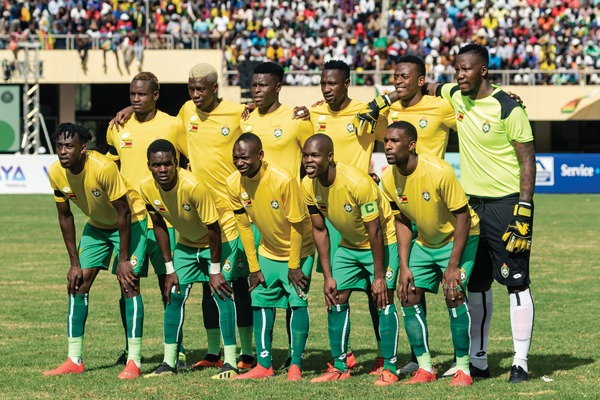goldengaterestaurantphoenix.com – Sports in Zimbabwe are not just a form of entertainment but a significant part of the country’s cultural identity and national pride. The nation’s sports scene is vibrant, with football, cricket, and rugby being the most popular among the locals. Each sport has its unique history and contribution to the country’s sporting legacy.
Football: The National Passion
Football, often referred to as soccer in Zimbabwe, is the most popular sport in the country. The Zimbabwe National Soccer team, known as the Warriors, has been a source of national pride and unity. The team’s performance in international tournaments, such as the AFCON (Africa Cup of Nations), has been a significant highlight. For instance, the team’s demands ahead of the AFCON tournament in Gabon in 2024 showcased their determination and the nation’s support for their success.
Cricket: A Growing Force
Cricket in Zimbabwe has seen significant growth and development over the years. The national team has participated in various international tournaments, including the Cricket World Cup. Zimbabwe’s cricket team is known for its competitive spirit and has produced some of the most talented cricketers in the region.
Rugby: A Sport of Strength and Unity
Rugby is another sport that enjoys considerable popularity in Zimbabwe. The national rugby team, known as the Sables, competes in the Rugby Africa Cup and has shown remarkable improvement in recent years. Rugby is not just a sport but a way of life for many Zimbabweans, embodying the values of strength, teamwork, and resilience.
Conclusion
Sports in Zimbabwe are more than just games; they are a reflection of the country’s spirit and unity. Each sport has its unique place in the hearts of the people, contributing to the nation’s cultural identity and pride. As Zimbabwe continues to develop its sports infrastructure and support its athletes, the future looks bright for the country’s sports scene. The nation’s sports teams are not just competing for victories but also for the pride of Zimbabwe.

